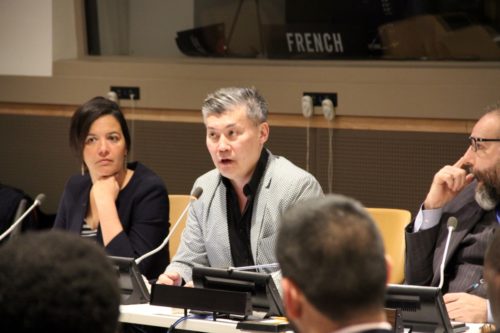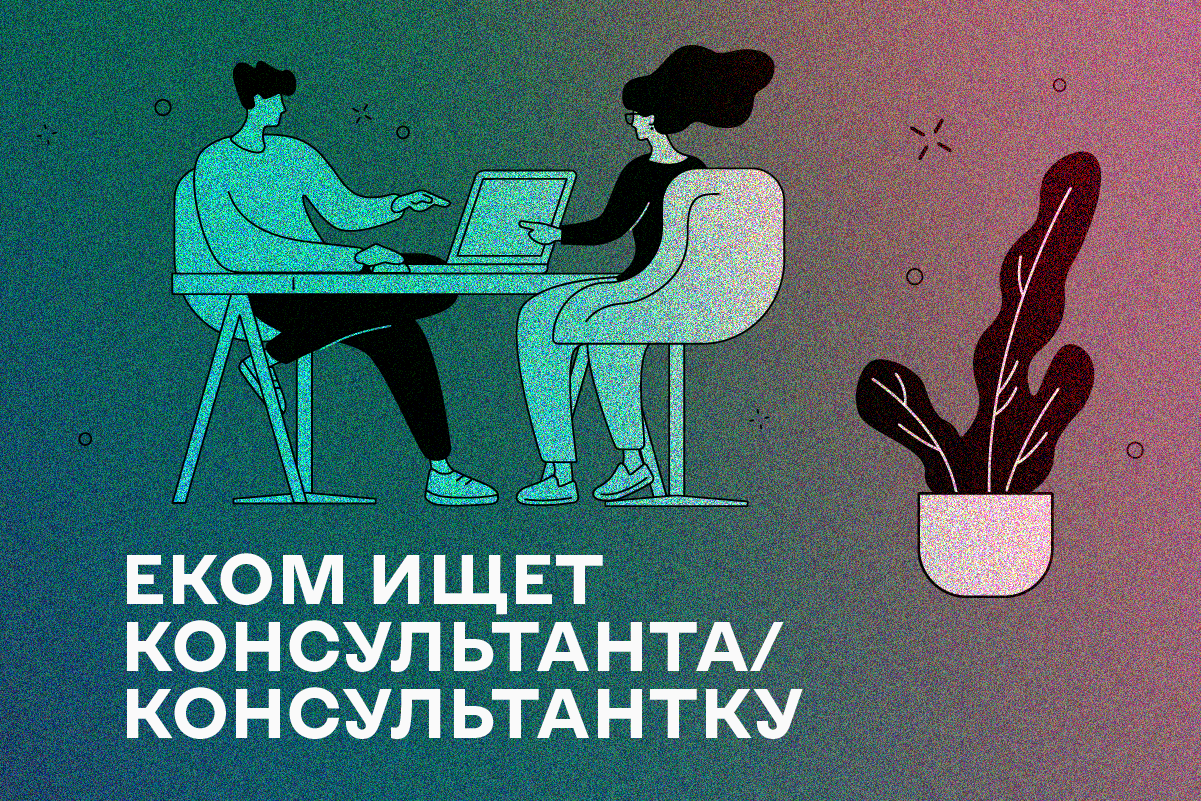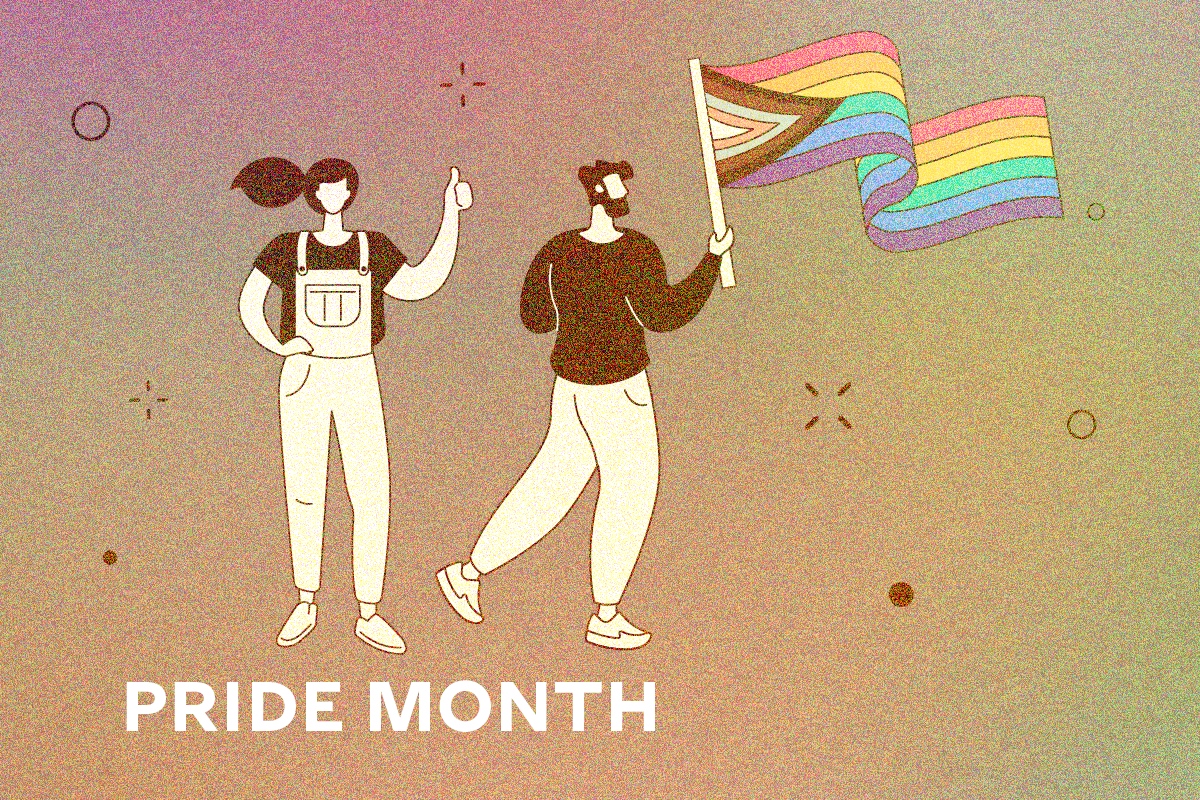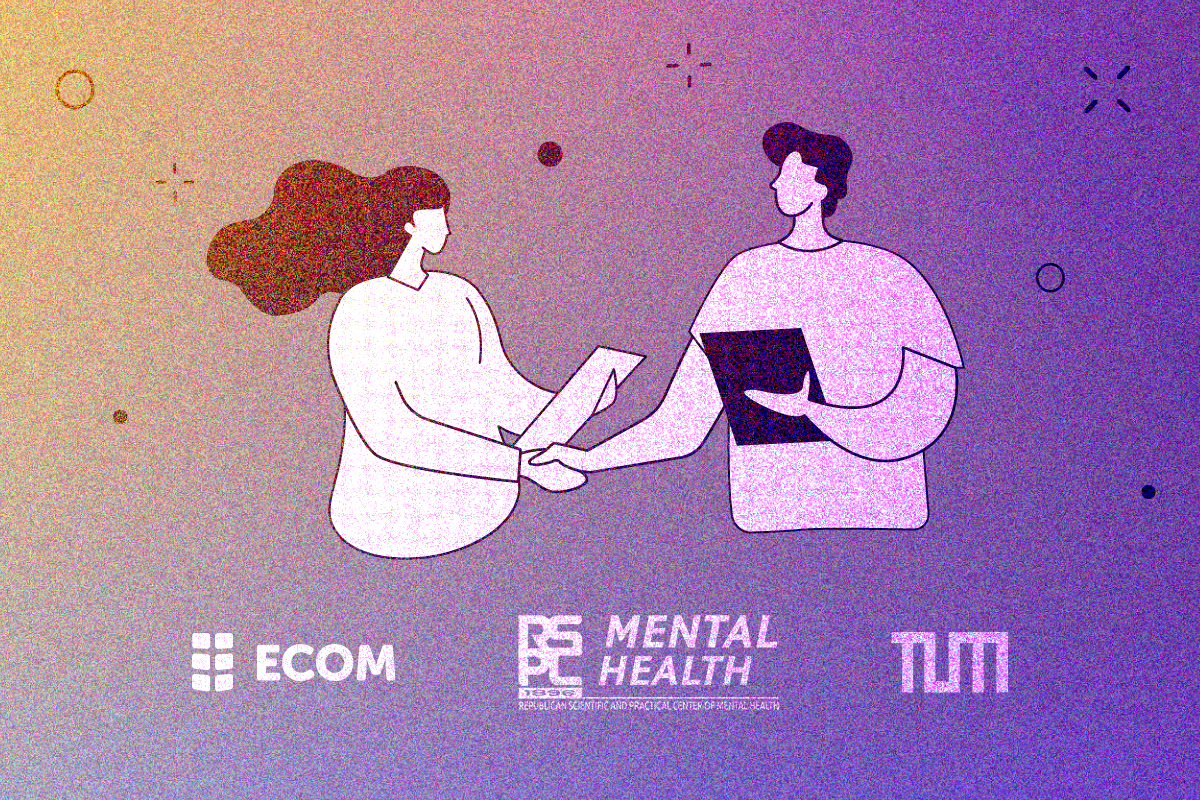
On April 6, 2016, ECOM's Executive Director, Vitaly Djuma, gave a speech at the Civil Society Hearings Side Event, entitled "Unfinished Business: HIV among gay and bisexual men and other men who have sex with men". In his speech, Djuma identified the challenges that MSM and other civil society organizations are facing in the EECA region and also presented several recommendations.

Photo: courtesy of Boyan Konstantinov
Dear friends and colleagues,
As in any part of the world, the human rights situation of LGBT people in Eastern Europe and Central Asia is the litmus test for the human rights situation in general society, as well as for the direction in which society is developing.
Following the collapse of the Soviet Union back in 1991, the old Soviet-era laws prohibiting sex between men were repealed in the 1990s or early 2000s in most countries of the region, except for Uzbekistan and Turkmenistan. It was obvious that the protection of human rights for all people, as well as for LGBT specifically, was not a priority for these two countries. Unfortunately, the democratization processes haven't been deep or successful in many other countries in the region, either.
Regional sociopolitical trends
In this regard, Eastern Europe and Central Asia is now divided into two parts – one moving towards the rule of law and the other experiencing a strong conservative backlash. These general sociopolitical trends clearly affect LGBT people and determine the direction of LGBT advocacy in the region.
Six countries of the region have antidiscrimination legislation that include LGBT people. All of these countries are members of the European Union or have association agreements with the EU – ECOM’s host country Estonia, Latvia, Lithuania, Georgia, Moldova, and Ukraine.
However, in other parts of the region, increasing conservatism has led to the introduction in Russia in 2013 of a law prohibiting the promotion of “non-traditional sexual relationships” among minors. Worrying is the fact that Russia’s gay propaganda bill has acted as a model for similar legislative initiatives in neighboring countries. There have been proposals to introduce similar laws on gay propaganda in other countries of the region: Armenia, Moldova, Ukraine, Kazakhstan, and Kyrgyzstan. The Kyrgyz bill, introduced in 2015 and having passed a second, pre-final reading, is even more draconian than Russia’s existing law, as it imposes not only administrative penalties, but also criminal sanctions.
LGBT Community Advocacy
In response to different processes related to human rights for LGBT, gay communities, and for broader civil society in EECA, work is ongoing in two directions: fighting back against the increasing homophobia in many countries and creating favorable legal and policy environments.
Among the examples of successful community advocacy initiatives, I can name just a few from Kyrgyzstan, Moldova, Ukraine, and Macedonia.
In Kyrgyzstan, following extensive community advocacy efforts a “Law on the Reproductive Rights of Citizens and Guarantees for Their Implementation” was enacted in June 2015. Experts, civil society representatives, LGBT activists, human rights organizations, and other stakeholders took part in developing analyses of then current Kyrgyz legislation and its discriminatory effects with respect to reproductive rights.
In Moldova, a coalition of civil society organizations representing various groups and interests including LGBT communities was involved in lobbying activities, public demonstrations, consultations, and in working with the media to support a nondiscrimination bill that was enacted in 2012 as the “Law on Ensuring Equality”.
Another example from Moldova is the use of strategic litigation before the European Court on Human Rights – a long process that started in 2005 and finished in 2013 with the result that the municipal authority of the Moldovan capital city not only stopped creating barriers to a gay pride in the city, but also started providing police protection to it.
In Ukraine, one of the most serious advocacy achievements is that, as results of broad civil society discourse led by LGBT activists and organizations, all four (!) attempts to introduce gay propaganda laws since 2011 have been rejected.
These broad advocacy alliances are being effectively used nowadays when Ukrainian society, including LGBT activists, actively discusses a gender-neutral domestic partnership law – a huge step for the whole region.
In Macedonia, a coalition of LGBT activists and wider civil society worked with the national Commission for Protection against Discrimination to successfully introduce in November 2015 a specific protocol for monitoring of cases of discrimination on the grounds of sexual orientation or gender identity.
Factors of Success
The diverse experience of civil society advocacy in different countries of Eastern Europe and Central Asia has enabled us to learn some lessons. In all of these cases, similar factors played a role in ensuring that the community advocacy initiatives were successful.
LGBT activists and organizations entered into partnerships with wider civil society. Collaboration between various civil society players allowed them to develop a coherent advocacy strategy and increase the effectiveness of their actions.
Consulting a wide range of stakeholders, including the media, government officials, and other experts, assisted civil society in widening their support base and increasing their credibility on the issues.
Finally, a reliance on external sources of support, ranging from the European Union to international human rights law, as well as experience exchange with peers from other countries, also played a key role in the success of these initiatives.
Based on this experience, we can also draw the following recommendations.
Recommendations for National Governments
- Comply with international agreements on human rights and protect the human rights of all citizens, without exception;
- Introduce and implement effective provisions that explicitly protect LGBT people from discrimination and hate crimes.
Recommendations for LGBT Communities
- Demand protections from discrimination based on sexual orientation or gender identity;
- Build broad coalitions with various civil society advocacy players within countries, including other key affected populations, human rights defenders, women’s rights organizations etc., as well as with international partners.
*Other presentations from side event can be found on the MSMGF website.






Комментарии
Пока никто не оставил комментарий